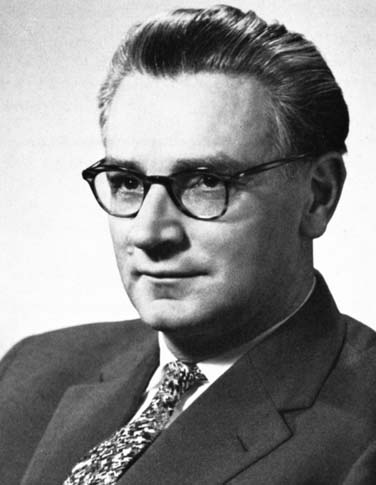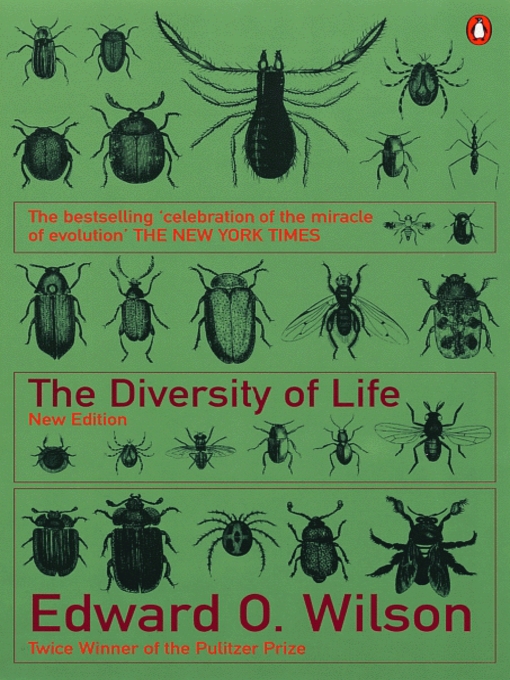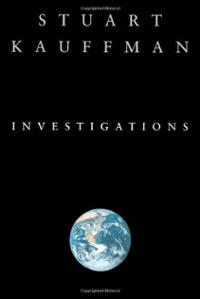Category: autonomous agent

Konrad Zuse’s Rechnender Raum (Calculating Space) is a book which proposes the idea that the universe is computed by cellular automaton. Thanks to MIT and Zuse’s family, the book can be downloaded as a pdf.

Edward O. Wilson does a great job exploring the wonderful diversity on Earth in his book The Diversity of Life. If Earth’s biosphere is to continue supporting the conditions for life, then diversity must be conserved and protected. Diversity provides the necessary adaptive power to withstand natural disasters. Wilson writes many great books and this is one of them.
Warren, Ben, David, and Taylor are four friends who meet on weekends to discuss various ideas and have a good time. They are together one night and begin discussing a business venture.
Warren: I know a great idea!
Ben: Sure, tell us another one of your “great” ideas. I hope this one is better than that silly farming device.
David: Alright, let Warren indulge us.
Warren: Ok… so, what if we printed pieces of paper and told people that they were worth the value of a certain company?
Taylor: Is that your idea? Hahahaha, what could that possibly achieve? I am leaving.
Warren: No, wait! Just think about it. If we printed a fixed number of these papers and said that the sum of the them are worth the value of the company, then we could sell them for that value to people.
Ben: Yes, but what fool would fall for such an obvious scam.
Taylor: What value? How can pieces of paper be worth more than paper? How can we claim that they are worth the value of a certain company?
David: You know, I think Warren has a point. All we have to do is sound reputable and create a way for these pieces of paper to be traded.
Warren: See! David is following me!
David: If this were a scam, we would just sell the papers and run off with the money.
Ben: But isn’t that your plan?
Warren: Hmm… True. But in this case, the people are able to trade with each other to get their money back and possibly a profit.
Ben: In fact the potential for a profit would be the only reason for buying these pieces of paper.
Taylor: Hahahah, so this is a giant Ponzi Scheme?
David: Yes, it does seem so, now that you mention it.
Warren: No, there is a difference. We will simply be selling pieces of paper. The “Ponzi Scheme” that Taylor mentioned would be caused by the infinite self-repeating pattern of people buying the paper from each other and then selling it to other people for a return.
David: That is a very strange concept. Kinda like a strange loop.
Ben: Ok, but wouldn’t each person value the pieces of paper differently, based on their opinion on the value of the company?
Taylor: Yes, person Expensive may be willing to pay ten the piece of paper; while person Cheap may only pay ten for the same piece of paper.
David: Then this is idea is doomed. It will never work.
Ben: Too much chaos!
Warren: No! Someone, perhaps seeing an opportunity to profit will establish a definite lower bound to the value of the piece of paper. Let’s say that lower bound is ten; i.e., there is a person who believes that he can buy a piece of paper for ten and, at a later date, sell it to people for more than ten.
David: Ok. I follow.
Warren: Then, someone else, seeing that there is a potential to make money, will offer 12 for the piece of paper.
Ben: AHH! Yes, a price will dynamically form based on the interactions of all these people.
Taylor: And then?!?!
Warren: Well, then we have a way to sell these pieces of paper for more than the value of paper?
Ben: Yes, precisely.
David: So, by simply saying we have pieces of paper which represent the value of a company we have made a handsome profit?
Warren: Exactly!
Ben: And, in the process we have discovered a way to find the value of a company!
Taylor: Wow! I must say Warren, this is a brilliant idea!
David: What will we do will all this money?
Warren: I think I will buy some of these pieces of paper.
Ben: Me too! And make even more money!

Kauffman also talks about economics. He explains that modern economic theories fail to predict and account for the persistent innovation of human “goods” into the Adjacent Possible of “goods.”
I would highly recommend Investigations. It really is a must read! (ISBN-13: 978-0195121056)






